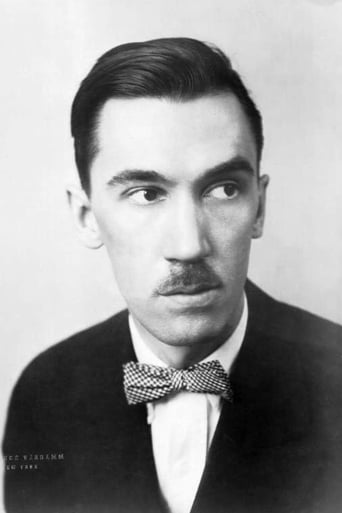

Robert E. Sherwood
From Wikipedia, the free encyclopedia Robert Emmet Sherwood (April 4, 1896 – November 14, 1955) was an American playwright, editor, and screenwriter. Born in 1896 in New Rochelle, New York, Robert was a son of Arthur Murray Sherwood, a rich stockbroker, and his wife, the former Rosina Emmet, a highly accomplished illustrator and portrait painter known as Rosina E. Sherwood. Sherwood's first Broadway play, The Road to Rome (1927), a comedy concerning Hannibal's botched invasion of Rome, introduced one of his favorite themes: the futility of war. Many of his later dramatic works employed variations of that motif, including Idiot's Delight (1936), which won Sherwood the first of four Pulitzer Prizes. According to legend, he once admitted to the gossip columnist Lucius Beebe, “The trouble with me is that I start with a big message and end up with nothing but good entertainment.” Sherwood's Broadway success soon attracted the attention of Hollywood; he began writing for the silver screen in 1926. While some of his work went uncredited, his films included many adaptations of his plays. He also collaborated with Alfred Hitchcock and Joan Harrison in writing the screenplay for Rebecca (1940). With Europe in the midst of World War II, Sherwood set aside his anti-war stance to support the fight against the Third Reich. His 1940 play about the Soviet Union's invasion of Finland, There Shall Be No Night, was produced by the Playwright's Company that he co-founded and starred Alfred Lunt, Lynn Fontanne, and Montgomery Clift. Sherwood publicly ridiculed isolationist Charles Lindberg... more
Read bio at tmdb | Read bio at Wikipedia
- Born:
- Apr 4, 1896 In New York City, New York, USA
- Movie/TV Credits:
- 1
- First Appeared:
- In the movie 20,000 Men a Year 1939-10-26
- Latest Project:
- Movie 20,000 Men a Year 1939-10-26
| Movie | 20,000 Men a Year | Dispatcher | 1939-10-26 |
